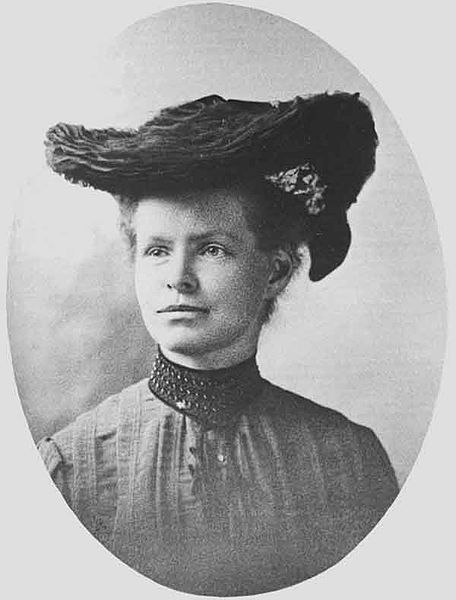Nettie Stevens – a woman who changed the field of genetics. She was one of the first female scientists to make a name for herself in the biological sciences. She’s the reason we know that sex is inherited as a chromosomal factor. And she almost didn’t get the credit for it.
On July 7th of 2016, I opened my Google browser to find a Google Doodle commemorating what would have been Nettie’s 155th birthday. Googling her name, I found a number of articles written about her by mainstream outlets like Vox and Popular Science, celebrating her birthday and quickly detailing her accomplishments.
And it got me thinking – why do we need an excuse to write about women like Stevens?
Don’t get me wrong: I’m happy whenever there is opportunity to celebrate women in science. Any moment to educate young girls about the women that fundamentally changed science is a win. But I wish the conversation would move past “let’s honor these women because its their birthdays” to “let’s honor these women because of all they’ve contributed to science.” End of sentence, no need to qualify it.

There is so much that makes Stevens a remarkable person – she was well-educated, as she saved up her money to return to school at 35 years old. In 1896, she attended the school that would later be known as Stanford University, where she graduated with a Masters in biology. She eventually got her doctorate in 1903 from Bryn Mawr College.
She was a champion of the basic sciences. She worked for years studying the role of chromosomes in heredity. She had an assistantship at Carnegie Institute when she published her findings in 1905.
Studying the mealworm, she found males made reproductive cells with two types of chromosomes, whereas female had only one type of chromosome. The two types of chromosomes the male mealworms had were different in size. She didn’t call them X or Y chromosomes – that language came much later. She concluded that this was proof that sex is inherited as a chromosomal factor.
Her findings weren’t accepted by the scientific community. It wasn’t until her findings were later published independently by Edward Wilson of Columbia University that scientists began to take Stevens’ results seriously.
Stevens was brilliant, hardworking, and her work has directly impacted every biologist and geneticist that followed her. We can celebrate her work simply because it was fundamental to science, not just because she turned 155.
